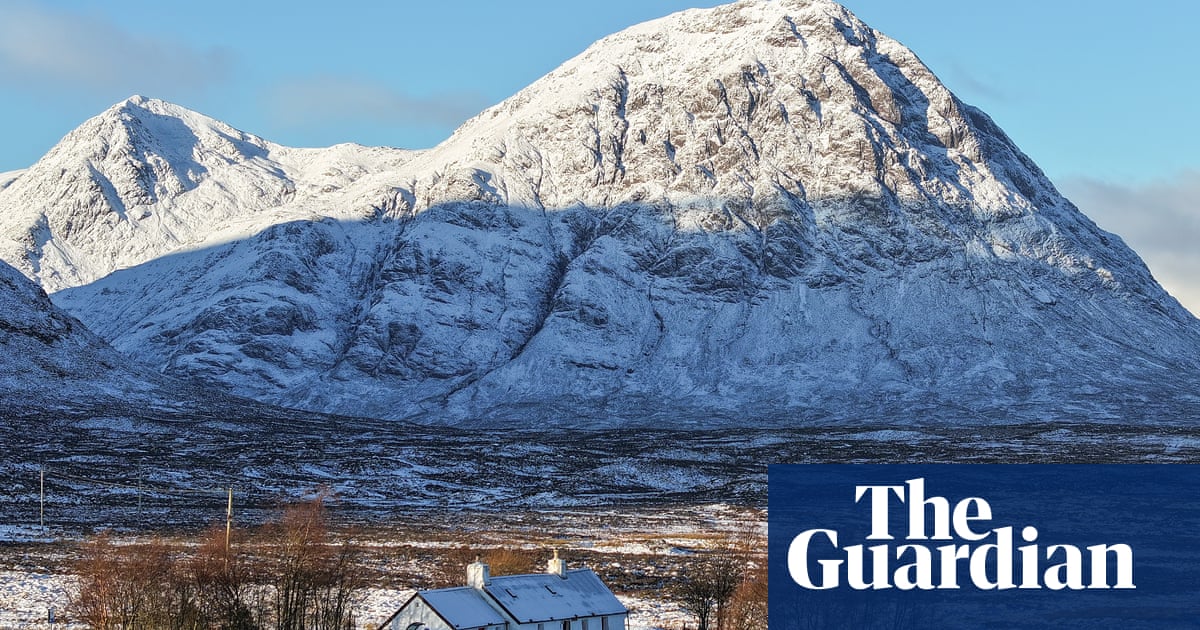As the clocks go back today, it’s worth remembering that even though we may consider ourselves to be a nation of nature lovers, in a recent study people in the UK were found to be more disconnected from the natural world than most of our European neighbours. And the result is a decline not just in nature’s wellbeing but in ours, too. And, though it’s harder to get out and enjoy nature with longer nights and shorter days, the good news is that a new relationship with nature can start very simply, with eight everyday activities close to home. What matters is not the amount of time you spend in nature, but what you do with that time.
1. Actively notice nature
It’s easy to pass birds without really seeing them or to walk through a park without paying attention to the trees. We can become so caught up in our own thoughts and conversations that we miss the sensory gifts nature has to offer. By tuning in to the sights, sounds and sensations around us, by listening to the birds, we can transform passive wandering into an immersive experience. When we truly notice nature, something magical happens. We start to appreciate its beauty, find meaning in its existence and feel a positive change in our emotions.
Activity: The first activity I developed when teaching nature awareness at the University of Derby was simply, and the first to demonstrate sustained benefits “Noticing three good things in nature each day.” The concept is super-easy, but it is an essential step to reclaiming our inherent connection to the natural world. Every day for a week, write down three good things in nature that you notice each day. These can be the beauty of small things noted in a given moment – the song of a robin or the movement of a tree in the breeze – or wider aspects of the diversity and wonder of the world around you.
2. Night and day
Just as we evolved to make sense of the natural world, we became deeply in tune with the rhythms of the day. The biological clock in our brains is connected to our retinas, so daylight is a cue that calibrates our circadian rhythm, regulating sleep and wakefulness. Through such systems, light affects the brain’s alertness and emotional regulation, reducing stress and enhancing wellbeing.
Activity: As darkness creeps across the sky, put your coat on, get outside and go on a dusk walk. Watch the colours change as the light fades and be on the lookout for the bright dot of a star or planet. Listen for the changing sounds, alarm calls as birds head to roost, perhaps an owl’s hoot being carried on the cooling air.
3. The soft fascination of nature
Nature’s sights, sounds and textures can capture our attention in a unique and undemanding way, providing a soft fascination that can give our overstimulated minds some vital down time. Just 40 seconds of gently viewing nature can foster an effortless sense of calm, by freeing us from the demands of having to pay attention and allowing our brains to rest and recover.
Activity: Find a bench where you feel comfortable and where there will be a view of leaves falling. Take in the trees and let the sights, sounds and textures around you capture your attention as autumn leaves fall. Nature keeps giving and there is a depth to it not often found in the manufactured products of our human world.
4. The joy of birds
Birds hold great cultural and spiritual significance for us. Their flight has long been associated with the human aspiration to break free from our earth-bound limitations, while their migrations each spring are a symbol of hope and renewal. Birdsong is the natural sound linked most strongly to reducing stress. The richer and more various the birds in an area, the greater local people’s satisfaction with life.
Activity: Find a place where birds are present. Spend a few minutes of your day or week allowing yourself to be enchanted by the wonder of flight and the joy of birds. There’s no need for a pair of binoculars or a guide to different species; we’re not birdwatching in the traditional sense. Joy-watching birds is simply about taking delight in birds’ presence, their movement and actions, appreciating their community and vitality. In our studies, when we compared joy-watching birds to identifying and counting birds, those who simply focused on the pleasure of it reported the greatest improvement in wellbeing.
5. Invisible friends
Humans are, quite literally, a walking symbiotic community relying on continual interactions both internal and external. Trillions of micro-organisms, such as bacteria, fungi and viruses, live on and within us, and the vast majority of them are good for us. So it seems very strange that we are encouraged to banish bacteria from our homes and bodies. Unprocessed whole foods often contain good bacteria, as does the soil they grew in. Even growing lettuce indoors has been found to provide a meaningful boost in bacterial diversity, which is important for the development and function of the immune system.
Activity: This simple activity is as fundamental and universal as they come. Visit the most ancient woodland you can easily reach. For a few minutes, breathe in through your nose, counting to four slowly. Feel the air enter and your chest rise and hold your breath for another count of four. Slowly breathe out through your mouth for a count of four. With each breath, focus on the fresh scents and smells around you. Feel the air fill your lungs.
6. Flower power
Can a single element of nature offer the basis of connection and wellbeing? The diversity of the natural world is immense and, by extension, our connections to nature are so numerous it can be difficult to keep abreast of them. Sometimes it helps to home in. Research has investigated the impact on our bodies of viewing a single flower and has found that both blood pressure and stress levels decrease. The change is detectable after just a few seconds.
Activity: Find a flower and simply gaze at it for a few minutes. Whatever your flower, wonder at how such a delicate bloom can change the physiology of your body. Consider the meaning of wildflowers, how they can represent particular emotions, myths or traditions. Some wildflowers can evoke a sense of identity, representing the lands where they bloom. You may also have your own personal memories of a flower and its scent that is unique to you.
7. Look after nature
The natural world is much more than a pill to pop for our own wellbeing. A sustainable future for our planet requires that we look after nature just as nature looks after us.
Activity: If you have a garden, there’s always an urge to clear away the remnants of summer and the fallen leaves of autumn. Similarly, you may see your local park or community space being tidied. Yet the “mess” can be a haven for wildlife. Here are three tips for nurturing some natural habitats in the hope of helping insects, birds and small mammals through the winter. First, allow the edges of your garden to be a little wild. Unruly plants, long grass and tangled shrubs can all provide shelter. Second, leave some seed heads: don’t deadhead or cut back all flowers, especially seed heads such as sunflowers and teasels that provide a seasonal feast for birds. Third, resist the urge to tidy away every leaf and twig. Amass a pile in a secluded corner, under hedges or bushes, or in a log pile, to provide additional shelter, insulation or even a spot for a hedgehog to hibernate. Remember, the more we can help wildlife through the winter, the more there will be to enjoy next spring.
8. Keep noticing
Like any relationship, a deep connection to the rest of nature requires some dedication.
Activity: Pause regularly during your busy life, in the city or the countryside, and take the effort to notice everything around you – each bird, tree and flower. These simple pleasures can be enjoyed every day. Let nature win the battle for attention that is ever present in our lives.
The Blackbird’s Song & Other Wonders of Nature by Miles Richardson is published by New River at £14.99. Buy a copy from guardianbookshop at £13.49

.png) 2 months ago
23
2 months ago
23













































